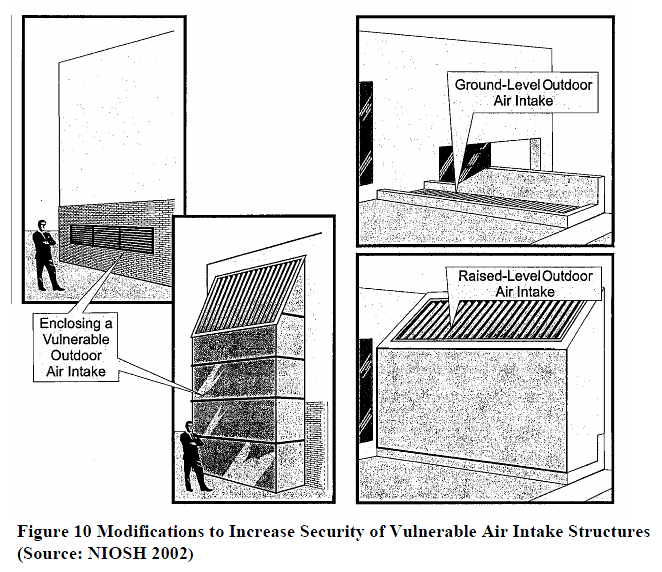| CHARACTERISTICS AND COMMON VULNERABILITIES INFRASTRUCTURE CATEGORY: HOTELS | SENSITIVE HOMELAND SECURITY INFORMATION – LAW ENFORCEMENT SENSITIVE | February 13, 2004 | Download |
| POTENTIAL INDICATORS OF TERRORIST ACTIVITY INFRASTRUCTURE CATEGORY: HOTELS | SENSITIVE HOMELAND SECURITY INFORMATION – LAW ENFORCEMENT SENSITIVE | February 27, 2004 | Download |
Specific threats that are of concern to hotels include:
• Explosives (e.g., car bomb, suicide bomber),
• Biological agents introduced into the facility (e.g., anthrax, botulism),
• Chemical agents introduced into the facility (e.g., chemical warfare agents, toxic
industrial chemicals),
• Cyber attacks, and
• Arson.
Terrorists are most likely to choose vehicle bombs if their goal is to cause maximum casualties.
This method has been used to attack hotels in the United States (U.S.) and around the world.
Hotels that are likely to be most vulnerable are those located in downtown areas of large cities,
those hosting a controversial group or special event, those where U.S. or foreign dignitaries are
guests, and those with a worldwide reputation and connections to a culture that is seen by some
groups as corrupt (e.g., casino hotels).
An incident that illustrates hotel vulnerability occurred on January 16, 2004, when about
300 patrons were evacuated from a Melbourne, Australia, hotel after a noxious substance,
possibly mace or pepper spray, was put in the heating, ventilating, and air-conditioning (HVAC) system.
Only a few of the hotel patrons required hospital treatment. Four suspicious individuals
were spotted on the hotel roof just prior to the incident.
Figure 1 depicts the range of possible objectives for a terrorist attack on hotel facilities. Damage
or destruction of the hotel can be intended to inflict casualties, both on- and offsite, or to shut
down or degrade the operation of the facility. Disruption of the facility without inflicting actual
damage can be intended to interfere with operations. Theft of equipment, materials, or products
can be intended to divert these items to other uses or reap financial gain from their resale. Theft
of information can be intended to acquire insight that is not made public or to gain data that can
be used in carrying out attacks.

